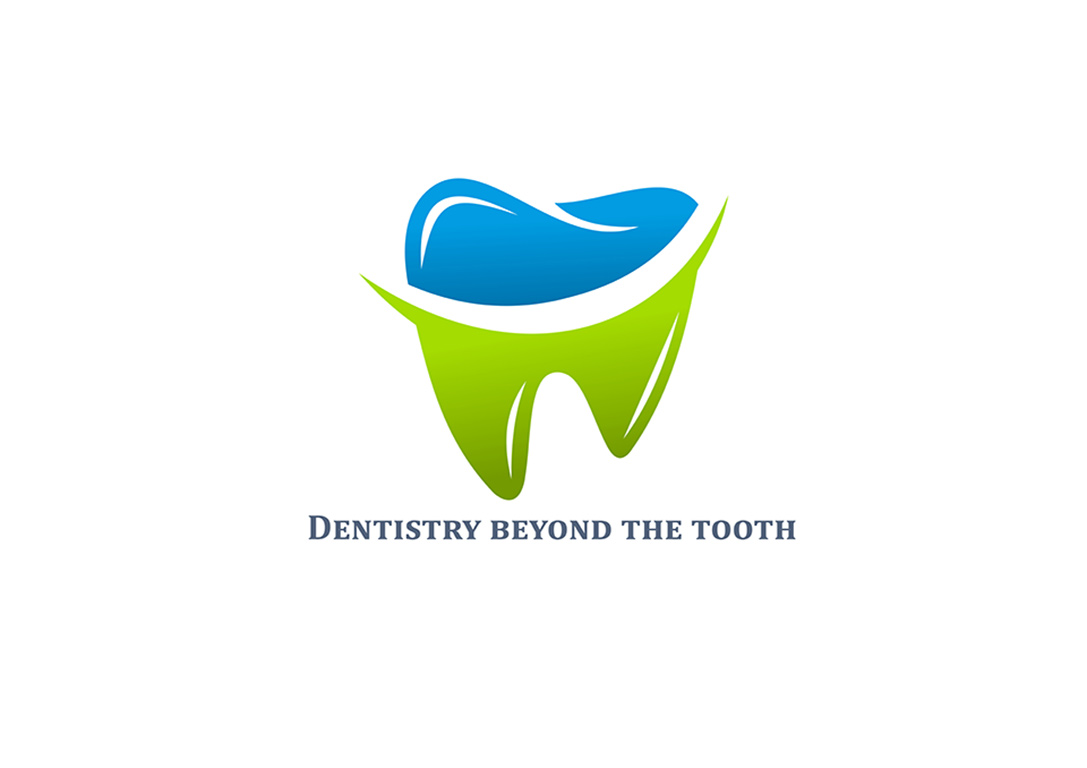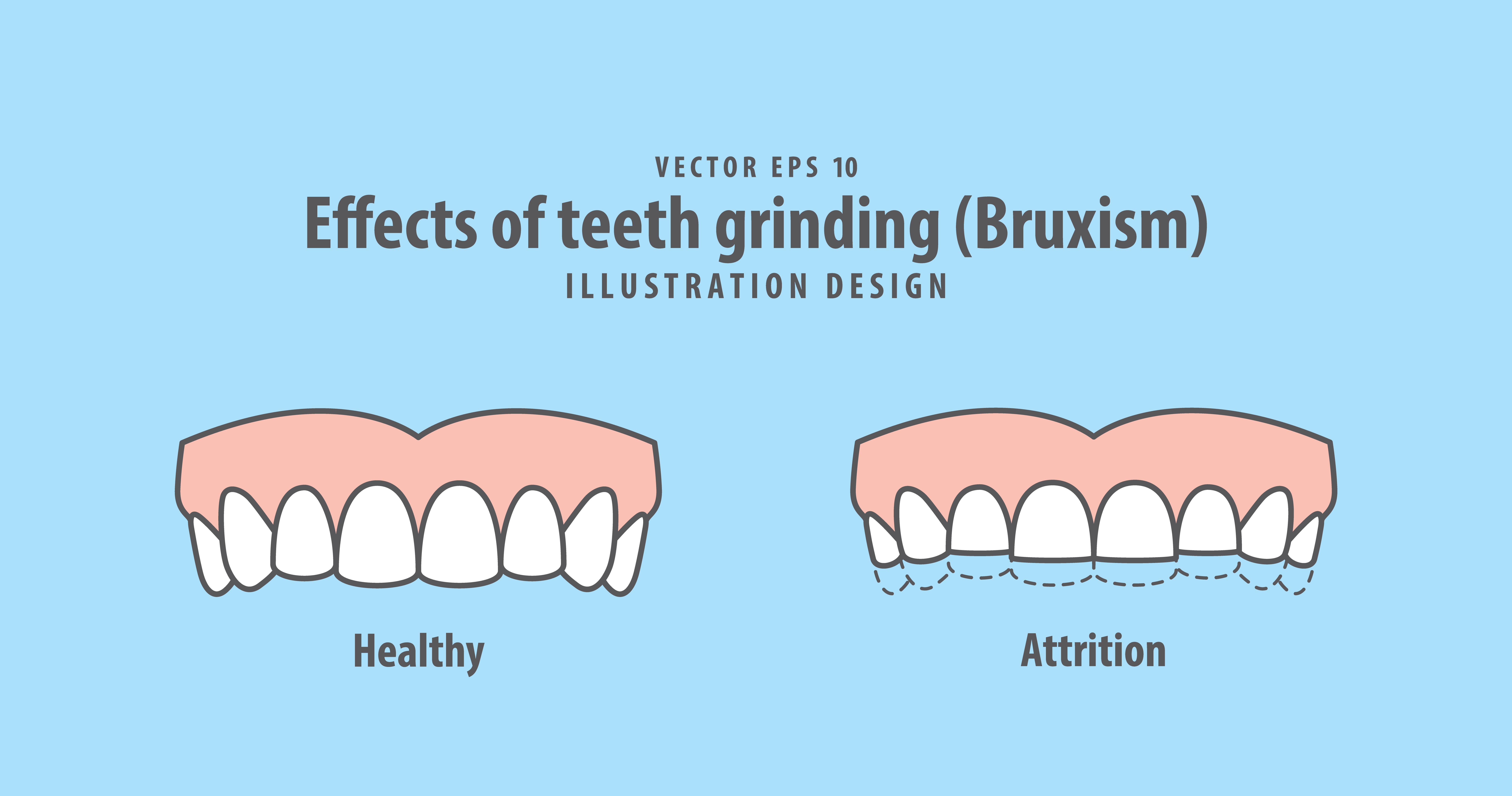
Bruxism (Grinding Teeth), Periodontal Disease
Do you grind your teeth? If you do, then you have Bruxism. Bruxism is the involuntary action of grinding your teeth, especially during sleep. It’s reminiscent of people who bite their nails. They are entirely unaware of their actions. What happens with Bruxism?...
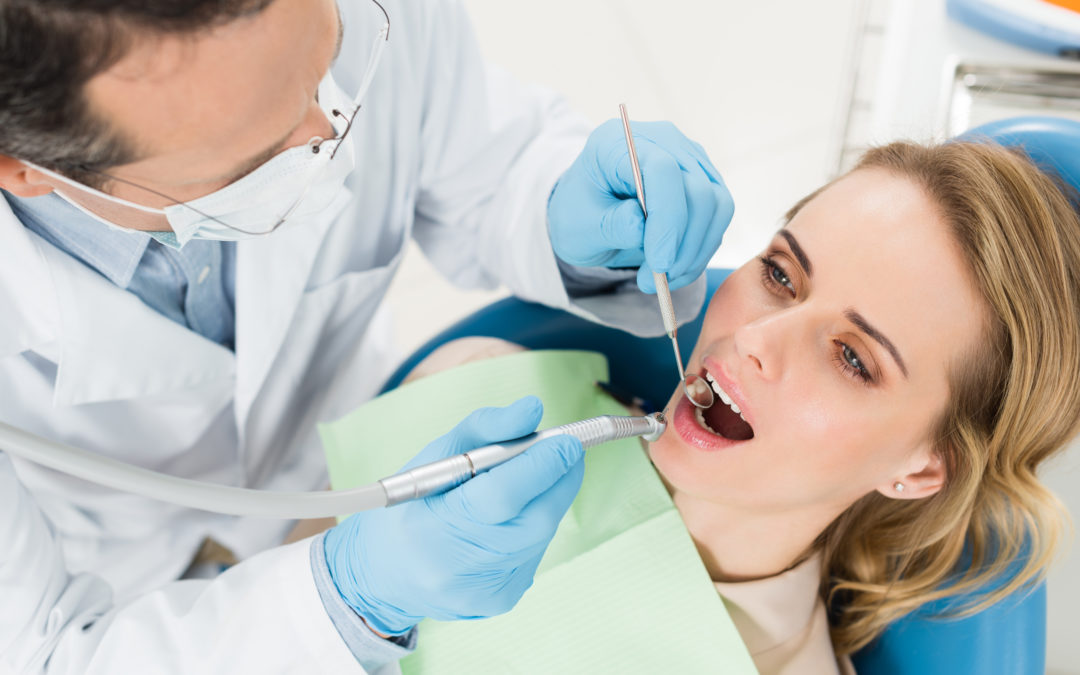
Periodontal Disease, Respiratory Disease
Respiratory diseases may be caused by ingesting bacteria-laden drops of moisture from the mouth into the lungs. These ingested bacteria colonize the lungs’ lower reaches, creating the opportunity for pneumonia and other respiratory problems. People with...
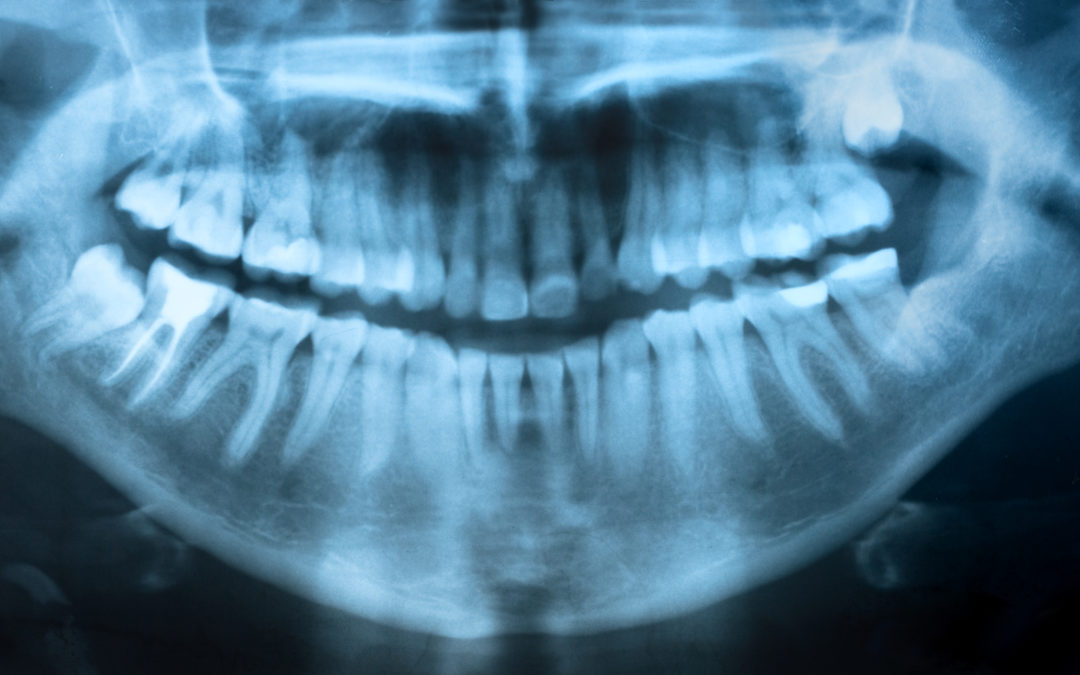
Osteoporosis, Periodontal Disease
Periodontal disease is a progressive infection that begins deep within the recesses of the gums. In the beginning, one may not exhibit symptoms at all. As the illness progresses, the gums become red. They bleed and start to recede. One may also think their teeth are...

Periodontal Disease, Pregnancy
When a woman is pregnant, several hormonal changes affect her body. This increases the risk of developing periodontal diseases. If a woman already has the disease, bodily destruction may speed up. The result is Spirochetes bacterium can increase throughout the body as...
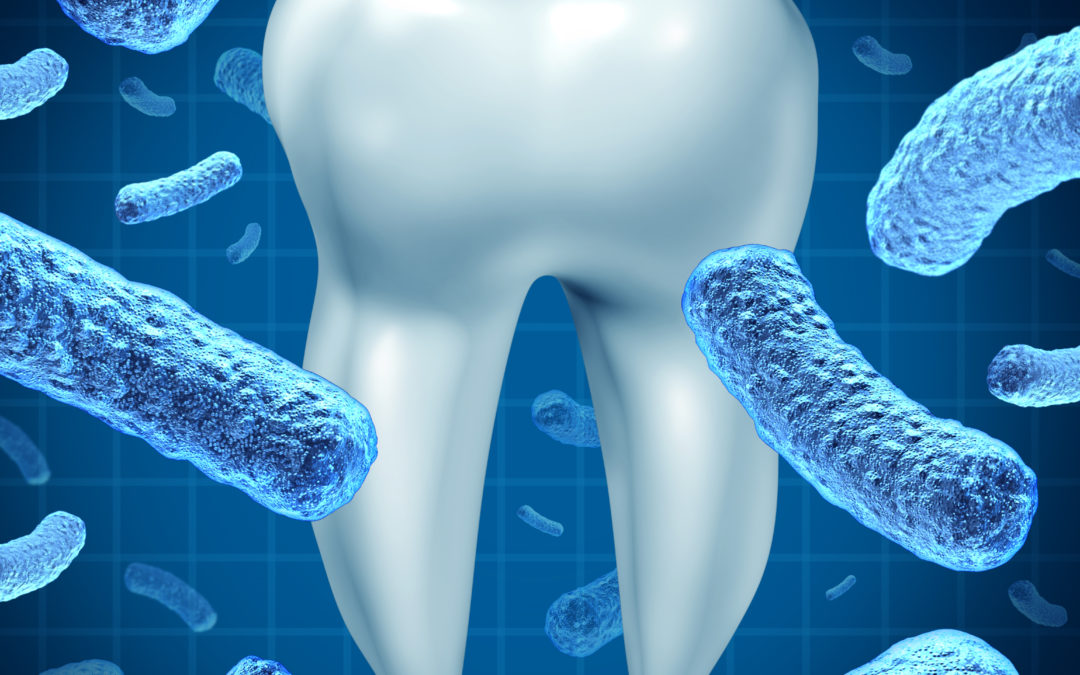
Gum Disease Bacteria, Periodontal Disease
The bacteria associated with periodontal (gum) diseases are predominantly gram-negative anaerobic bacteria. They may include A. actinomycetemcomitans, P. gingivalis, P. intermedia, B. forsythus, C. rectus, E. nodatum, P. micros, S. intermedius, and Treponema sp. These...
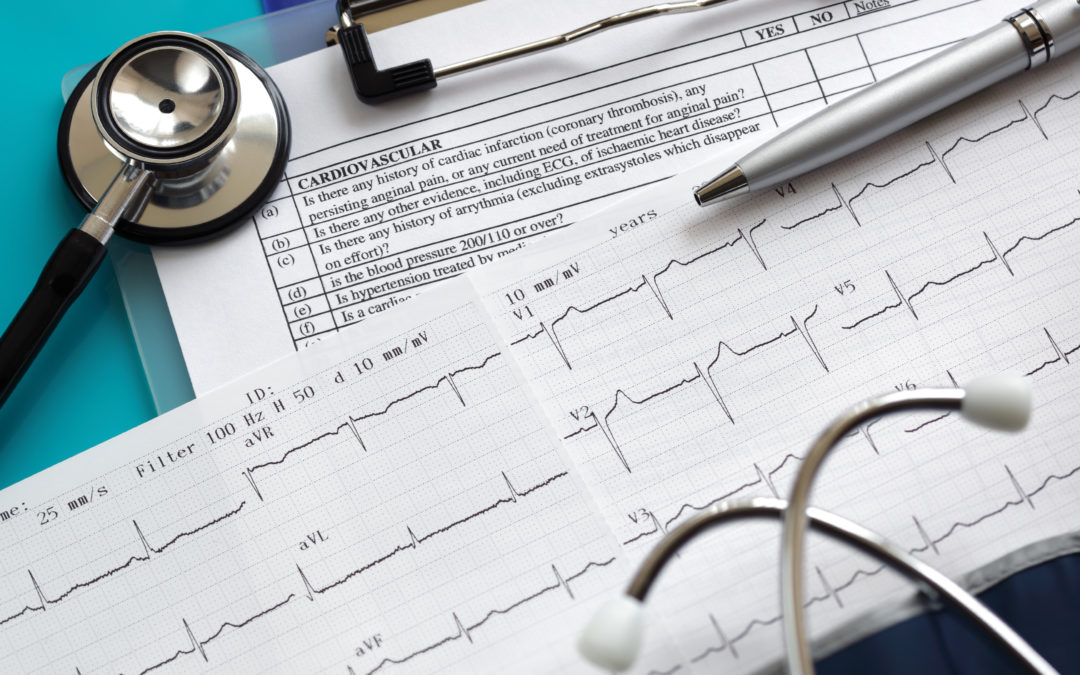
Diabetes, Heart Disease, Periodontal Disease, Stroke
In the medical article, “Systemic Diseases Caused by Oral Infection” (Xiaojin Li, National Institutes of Health, October, 2000) suggested, periodontal disease “may affect the host’s susceptibility to systemic disease in three ways: by shared risk factors, by...







